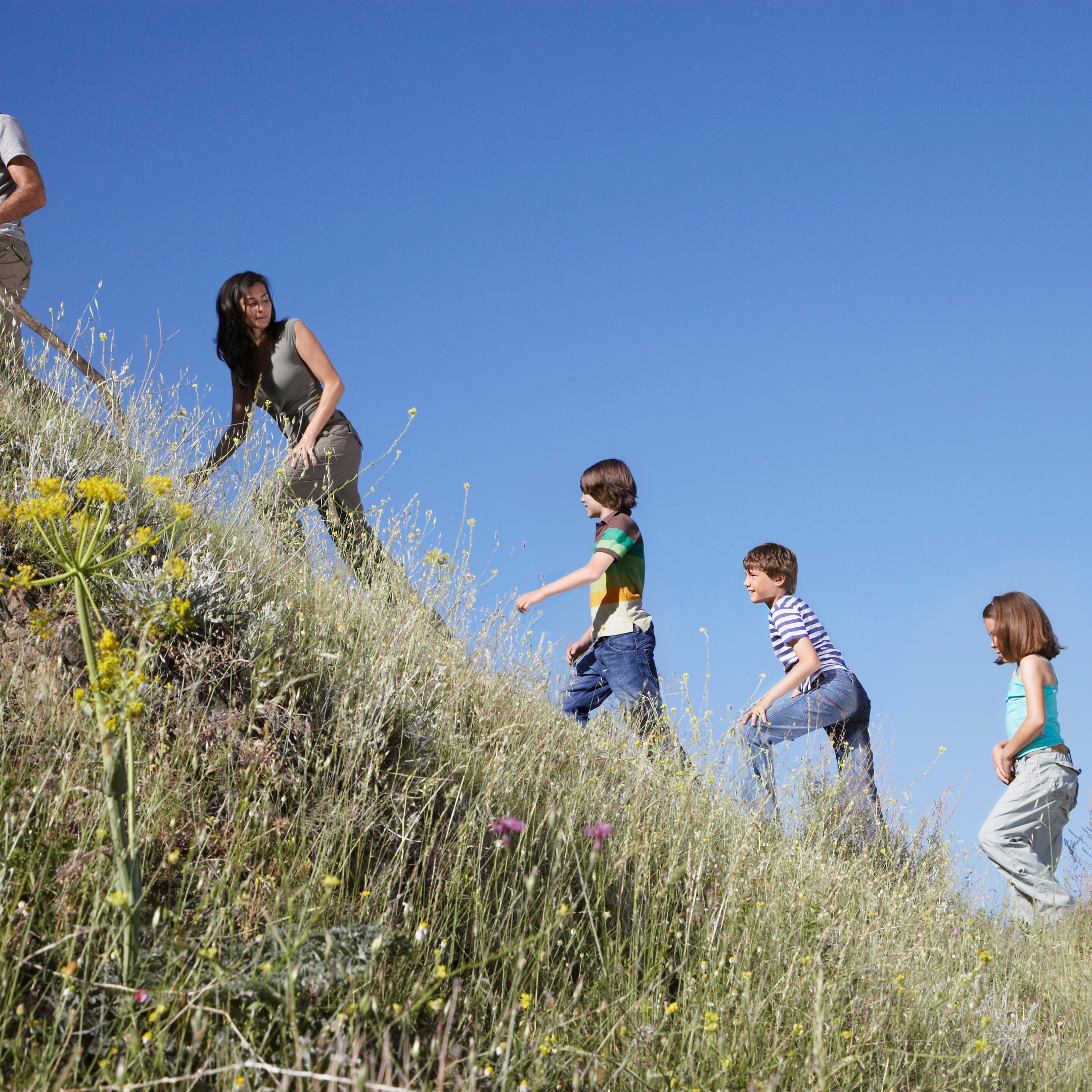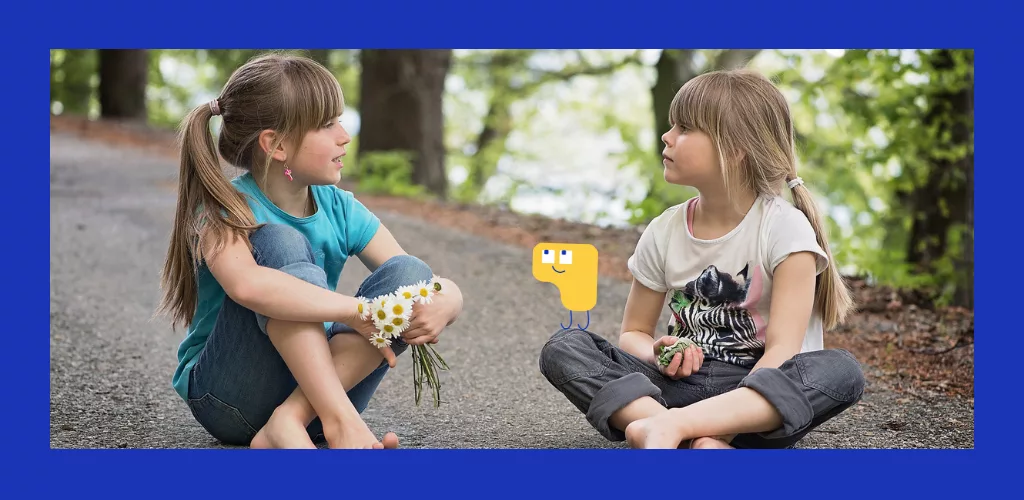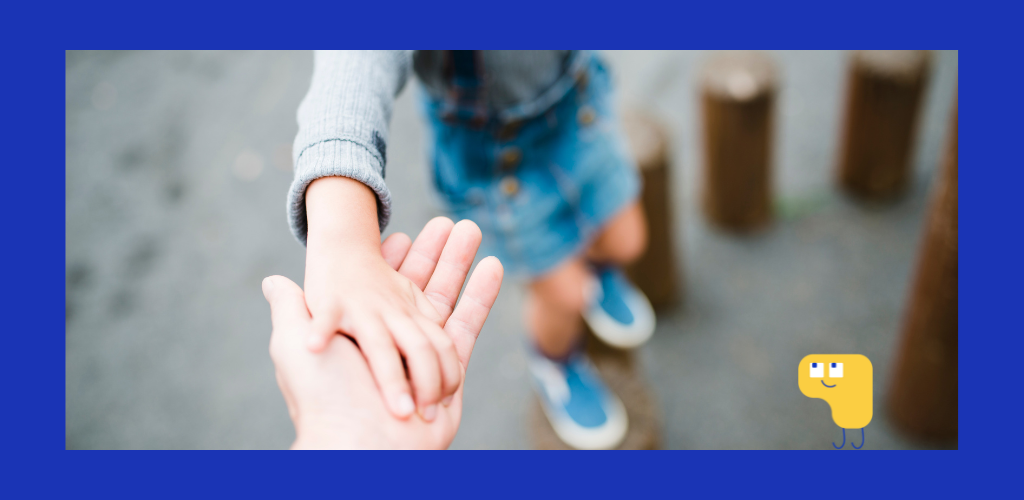In 2014, the United Nations General Assembly proclaimed July 15 as "World Youth Skills Day". The aim of this day is to "celebrate the strategic importance of providing young people with the skills they need for employment, decent work and entrepreneurship". A subject that is particularly relevant given the impact of the pandemic on young people.
From school closures to distance learning, schoolchildren and students have been hard hit by the health situation. We don't yet have the necessary hindsight to assess the impact in terms of acquiring the skills they need to enter the job market. What we do know is that the number of young people currently not in school, employment or training (NEET) has been increasing worldwide for several years (259 million in 2016 and 273 million in 2021).
Is this any wonder, given the speed with which our world is changing, evolving and digitizing? What's certain is that our education system isn't changing fast enough, and that this is weighing on the skills acquisition of our young people, particularly those skills identified as being necessary to evolve in a world undergoing profound change, namely digital skills and social-behavioral skills (Soft Skills).
For Andreas Schleicher, Director of the OECD's Education Directorate, "education is no longer just about teaching students something; it's more important to teach them to develop a reliable compass and the navigational tools to find their own way in an increasingly complex, volatile and uncertain world".
These navigation tools are called Soft Skills!

Today's skills are not enough to adapt to tomorrow's world.
Back in 2018, governments around the world committed to an "Education 2030" vision involving many changes for our education systems.
Indeed, the OECD report "The Future of Education and Skills 2030" highlighted the growing importance of soft skills in education due to trends such as globalization, rapid advances in technology and artificial intelligence, which require future workers to constantly adapt. The report states that "to remain competitive, workers will need to continually acquire new skills, which requires flexibility, a positive attitude towards lifelong learning and curiosity".
This means that the education system must now prepare new learners for jobs that don't exist. Because, as we all know, 65% of schoolchildren will be working in jobs that don't yet exist.
Finally, this observation was echoed by the French Education Ministry's Scientific Council, following the Grenelle de l'Education held in December 2020: "While reading, writing and arithmetic are the key skills to be provided by the institution and teachers, other skills are now also required, reinforcing the acquisition of advanced cognitive skills such as critical thinking, and new behavioral and social skills".
However, the latest PISA survey shows that France systematically ranks last when it comes to developing soft skills:
- Self-confidence: 62nd out of 65
- Anxiety: 62nd out of 65
- Perceived success check: 58th out of 65
- Openness to problem-solving: 53rd out of 65
- Collaboration: 49th out of 60

These are all essential skills for navigating our fast-changing world.
We therefore urgently need to reinforce the acquisition of these famous Soft Skills (socio-behavioral competencies) to help young people succeed at school and in the workplace.
The essential skills of the 21st century: Soft Skills!
The concept of "Soft Skills" emerged in 1960 with the Palo Alto School (Stanford). Often difficult to translate into French, Soft Skills are personal and relational skills that are neither knowledge nor know-how. They touch on behavioral (autonomy...), cognitive (critical thinking...), emotional (feeling...), psychological (resilience...), relational (collaboration...) and reflective (self-knowledge...) dimensions.
Recent research shows that learning socio-behavioral skills has a triple benefit.
First of all, numerous scientific studies show that the development of Soft Skills reinforces the development of academic skills and therefore academic success. Carol Dweck has worked on the psychology of success. Her work has shown that when you have a developmental mindset (persevering, taking on challenges, learning from mistakes, etc.), you perform better at school.
However, in France, students tend to think that their results in mathematics, for example, depend solely on themselves: you're either gifted or you're not. This mindset penalizes some students in their academic success. In Canada, a program aimed at developing a progressive mindset in 8-9 year-olds showed school results 20% higher than for those who did not benefit from the program.
Next, Nobel laureates Heckman and Kautz(2012) provided evidence of the positive impact of Soft Skills learning on career success, job levels and salary levels. In their analysis of the Perry Preschool Soft Skills program, they discovered how personality traits can be modified through Soft Skills development, to produce beneficial lifelong outcomes.
Finally, the development of Soft Skills has a positive impact on individuals' day-to-day fulfillment. By cultivating skills such as resilience, emotional management and self-confidence, the level of well-being increases.
When we know about this triple benefit, highlighted to the general public as early as 2014 by Paul Tough, in his book "How Children Succeed", we wonder what we're waiting for to integrate the development of Soft Skills into our children's daily lives.

Cultivating our children's soft skills: a matter of urgency!
As you can see, in the 21st century, Soft Skills are a major differentiator, a sine qua non for academic success, employability and fulfillment in life, but also for better living together. Nobel Prize winner James Heckman states that "soft skills predict success in life, and programs that improve soft skills have an important place in an effective public policy portfolio".
Today, employers are paying increasing attention to these Soft Skills in addition to purely professional qualifications. They make people who have developed them extremely valuable and sought-after by companies. Soft Skills are becoming the desirable qualities beyond diplomas.
In their book "Le réflexe soft skills, les compétences des leaders de demain", co-authors Jérôme Hoarau and Julien Bouret explain that "Everyone has all the potential seeds, but they have been watered more or less depending on the social, family and economic context.
In order to water them, socio-behavioral skills must become a prioritý in educational policies and be recognized in all fields. A report on the subject by the National Education Scientific Council is not enough. Teachers need to be supported and equipped. But beyond the school, each and every one of us, whether as educators or parents, must take action to ensure that our young people have confidence in themselves and their abilities, and are equipped to meet the economic, social and environmental challenges of the 21st century!
Solenne Bocquillon-Le Goaziou
Founder of the Soft Kids application, which cultivates the Soft Skills of children aged 6 and over.




0 comments